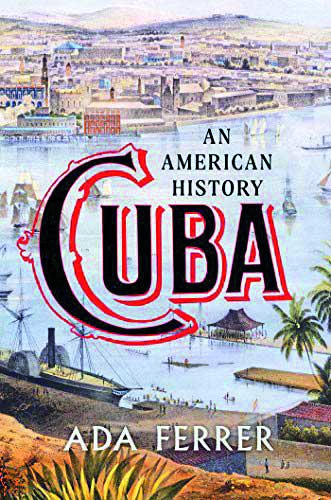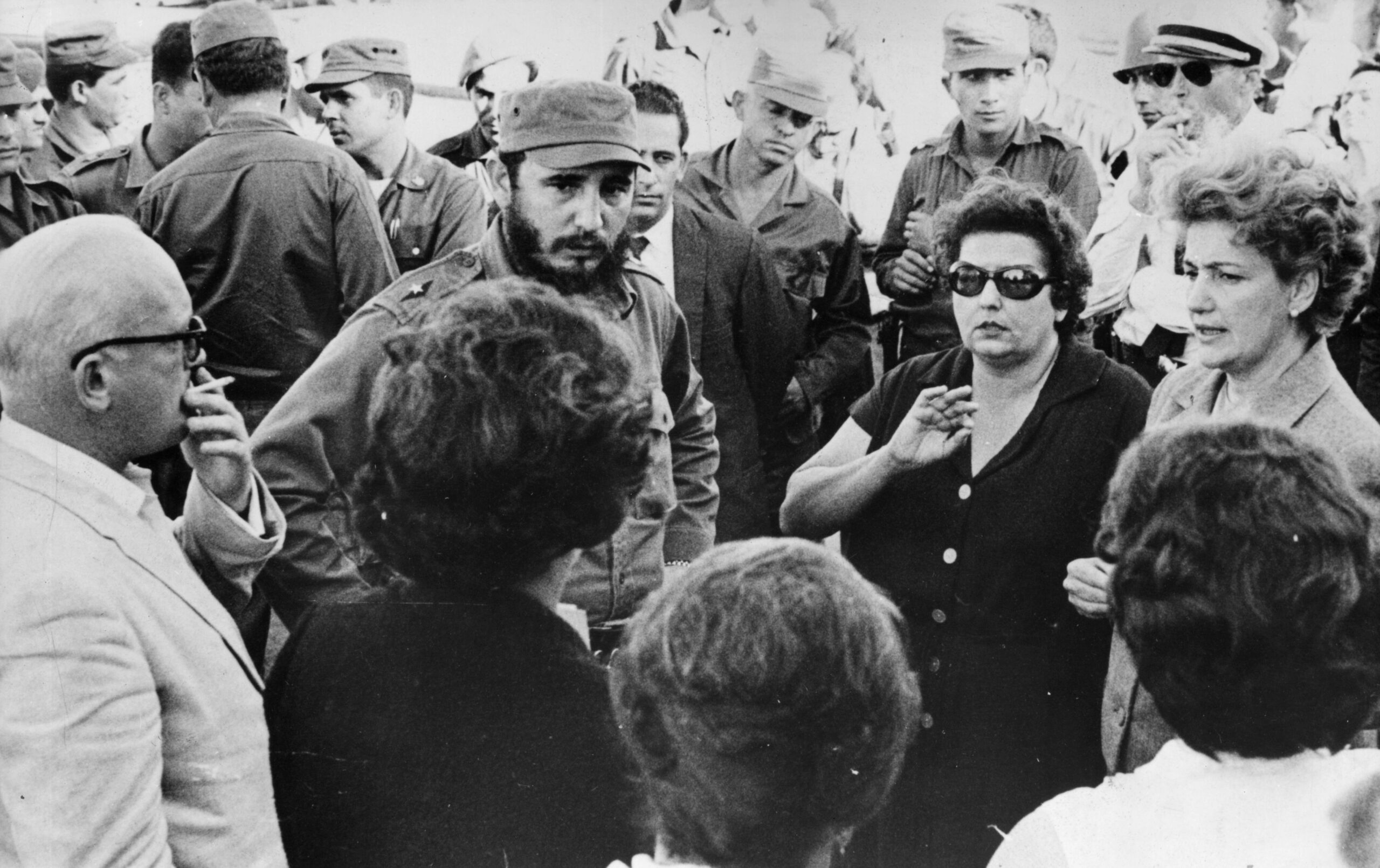This article is adapted from AQ’s special report on the battle over fake news
On April 17, 1961, CIA-backed Cuban exiles mounted an ambitious amphibious landing on a remote section of the Cuban coast. The now-infamous Bay of Pigs invasion was a military botch. Had the invasion succeeded, Washington fully expected Cuba’s nascent revolution to fizzle out. Give it a week or two, and it would be back to rum-soaked mojitos at the veranda bar of Havana’s Hotel Nacional.
As Ada Ferrer observes in this intriguing and nuanced account of Cuban history, such a view was “optimism bordering on lunacy.” In truth, most Cubans were only too happy to see the back of Fulgencio Batista, the U.S.-backed military dictator who had dominated Cuban politics on and off since 1933. Only when Castro’s regime took a marked turn toward state-led socialism around 1963 did domestic opinion firmly split. Thousands of Cubans fled the island of their birth (including Ferrer’s own parents), most settling in Miami.

Cuba: An American History
by Ada Ferrer
Scribner
Hardcover
576 pages
The antipathy of Cuban exiles toward Castro framed how a large proportion of U.S. citizens perceived the island state 90 miles off the Florida coast—and for many, little has changed. Cubans who stayed were pushed to the other extreme, coming to see their near neighbor as a rapacious capitalist overlord. Like a blue-helmeted peacekeeper, it is into this polarized historical debate that Ferrer bravely steps.
She describes Cuba: An American History as an attempt to refute the binary interpretations imposed by Washington, Havana, or, indeed, Miami. The red thread running through its 33 lively chapters is the presence of Cuba’s larger neighbor to the north. Of Cuba’s military interventions in Africa, say, or Castro’s extraordinary political influence across Latin America, there’s barely a word.
The story of U.S.–Cuban relations has not always been frosty, she insists—far from it. In the century or so before Cuba’s break with Spain, the cultural, economic, and political links between these two American territories ran wide and deep. Through sugar, Ferrer argues, Cuba and the United States landed on a profound historical parallel: the shared experience of slavery. In the cane fields of Santiago de Cuba as in the cotton plantations of Mississippi, life was governed by precisely the same barbaric conditions and dehumanizing logic.
Another parallel is that of colonialism. Both countries know what it is to be subject to a foreign crown, just as both understand the compunction to be rid of one. Yet, at the first chance, the United States shifted from the colonized to the colonizer. The Monroe Doctrine of 1823 promised to keep European hands off the Americas, but it said nothing about an expansionist U.S. taking Europe’s place. “In the struggle between Cuba and Spain,” writes Ferrer of U.S. intervention in the Cuban War of Independence, “it was the U.S. that emerged victorious.”
Through the story of one small island, Cuba: An American History allows Americans to look at themselves through the eyes of others. More than a century ago, José Martí, Castro’s revolutionary muse, did the same in reverse. In New York during the 1880s and 1890s, Martí saw the harsh reality of economic and racial inequality firsthand—and resolved that his homeland must take a different route.
When President Joe Biden promised the international community that “America is back,” he meant it as a reassurance. Across Latin America, many read it as a threat. Those U.S. citizens who take affront at such a reaction may dislike the premise of this important book. That’s precisely why they should be the first to read it.
—
Balch is the author of Viva South America! A Journey Through a Surging Continent (Faber & Faber)








